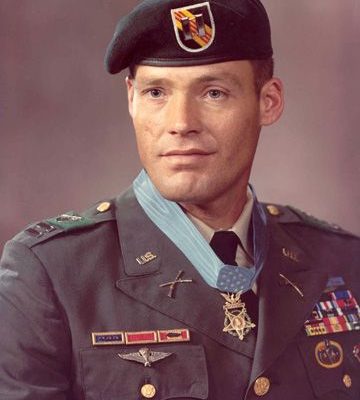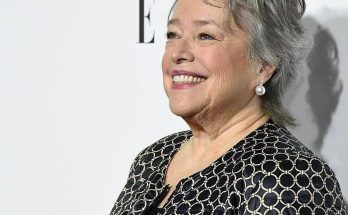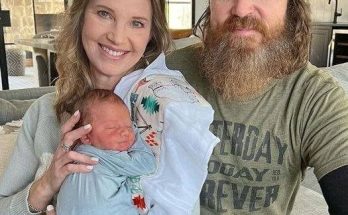The Department of Homeland Security is not doing its job. As proof, I, David Feherty, a 17-year resident of the Dallas area but an Irishman by birth, recently became an American citizen. There goes the neighborhood—but yay, me! The reason I felt compelled to become an American is my Troops First Foundation, a nonprofit organization that does its best to improve the quality of life and future prospects of some of our most severely wounded servicemen and women. I became involved after my first trip to Iraq, on Thanksgiving in 2007, and it was there I first heard the name of Col. Robert Howard.
The name was always spoken with reverence, but I had no idea who he was. Then an Army Ranger I’ll call Leroy (because that’s his name) told me he couldn’t go on my T1F Taliban Pheasant Hunt in South Dakota last year because he had a chance to meet Bob Howard, who was on his deathbed in Waco. Leroy’s decision really piqued my interest. Nobody turns down the Taliban Pheasant Hunt—and, perhaps more telling, nobody goes to Waco without a really good reason. It was then that I decided I had to find out who Howard was.
A-googling I went. And it turned out that Robert Lewis Howard was a Green Beret and a TCU grad. He had appeared in two John Wayne movies, making a parachute jump in The Longest Day and playing an airborne instructor in The Green Berets—not exactly a stretch for him. Howard was the only soldier in the history of the United States to be nominated three times for the Medal of Honor, our country’s highest military decoration, which is awarded to members of the armed forces who distinguish themselves “conspicuously by gallantry and intrepidity at the risk of his life above and beyond the call of duty while engaged in an action against an enemy of the United States.” The men who fought with Howard all agreed that he should have received a Medal of Honor for each one of his three citations—which explains why he was awarded two Distinguished Service Crosses (the second-highest honor, given in the Army). No matter. He had plenty of other gongs and ribbons. He had a Silver Star, several Bronze Stars, and eight Purple Hearts (though he was wounded 14 times). Then there was all the stuff awarded to him by the armed forces of other grateful nations.

For the life of me, I couldn’t understand why neither I nor anyone else outside of the Army had heard of this extraordinary American. I had theories. First, many of Howard’s actions in theater were still classified. We know he was in Laos and Cambodia before we knew we were in Laos and Cambodia, but we just don’t know what he was up to, apart from getting nominated for the Medal of Honor every few months or so. This was back in the days when a clandestine operation could be run without having to broadcast it on C-SPAN first.
Then there was the rest of the Vietnam w*r, the part we knew about. Howard received his Medal of Honor from Nixon in 1971, with his sweet little first-grade daughter Missy looking on from the front row. None of the TV networks covered the event. Though Audie Murphy and Alvin York both received a Medal of Honor for their actions in WWII and the Great W*r respectively, and got the ticker-tape parades, fame, and fortune they both deserved, Howard got nothing, because he fought in the w*r that the Flower Power generation, led by Jane Fonda and her ilk, who exercised the very rights that the men and women who served in Vietnam fought to protect, demonstrated against by (among other things) spitting in the faces of returning soldiers. You can probably guess how I feel about this issue.
So after reading up on Howard, I decided to follow my friend Leroy’s lead and head down to Waco to meet the man myself. But before I could get down there, on Wednesday, December 23, 2009, Col. Robert Howard died at the age of 70. The next day, the Associated Press ran a 10-sentence obituary. The New York Times and Washington Post followed with slightly longer obits. I couldn’t believe the man’s passing had generated so little notice.
I went to Waco anyway…



